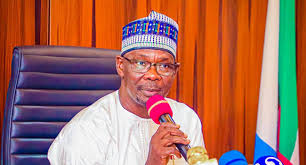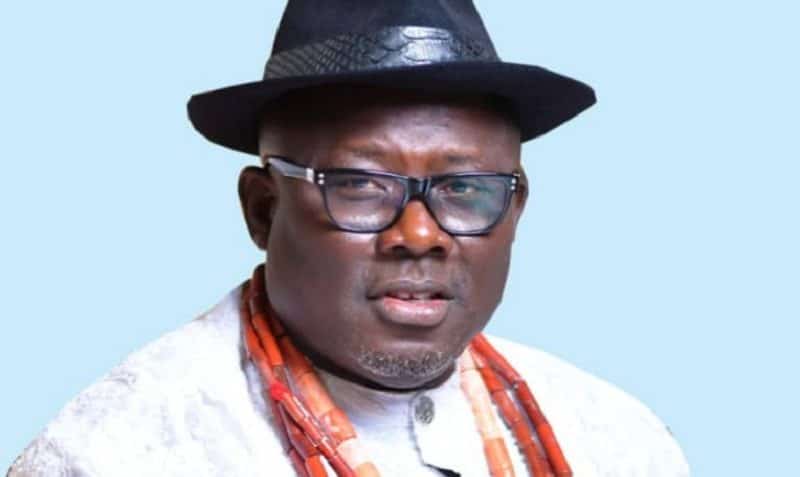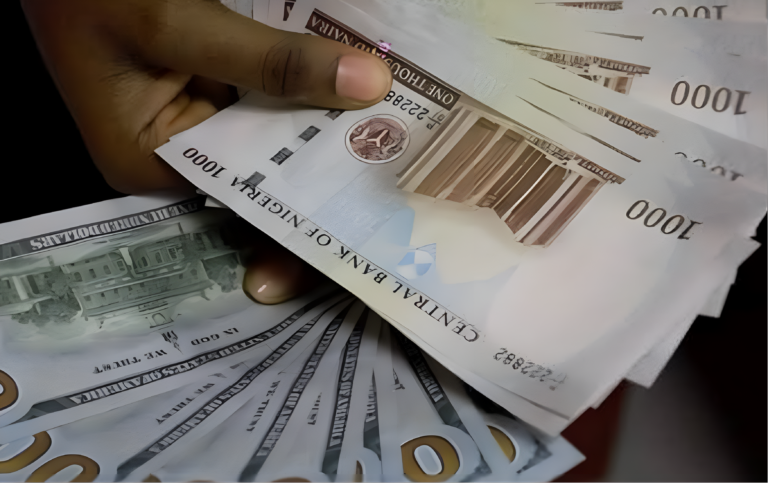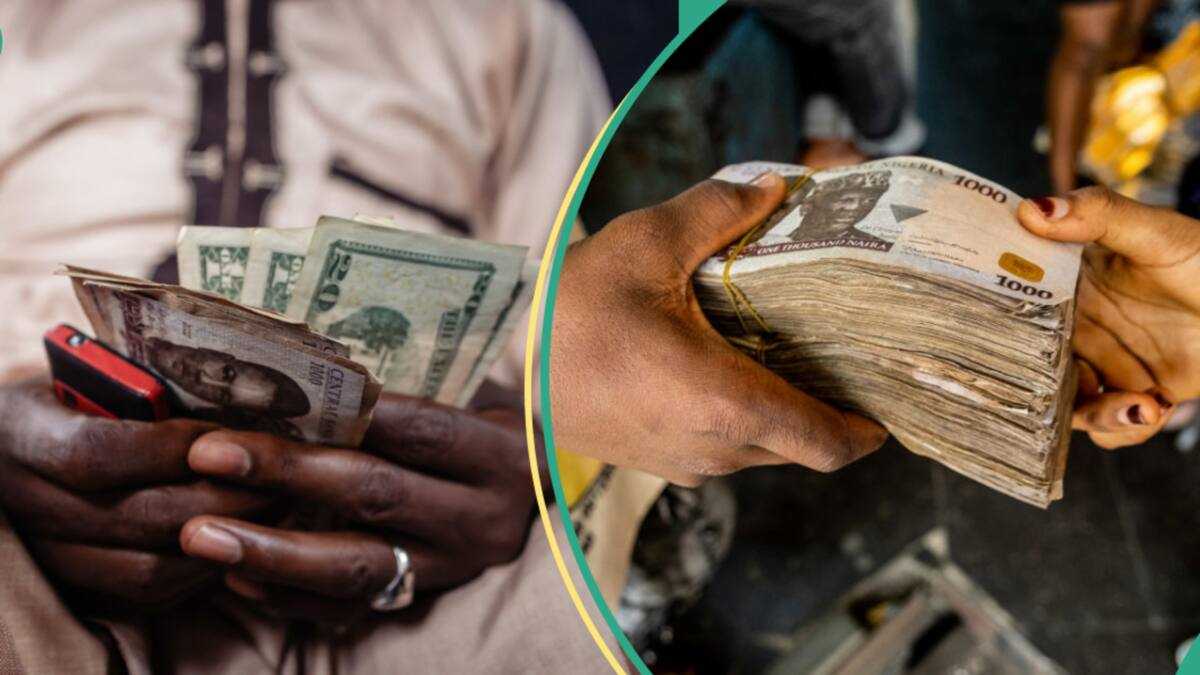CBN Slashes Emergency Loans to FG Amid Increasing Debt Concerns

The Central Bank of Nigeria (CBN) has significantly reduced its Ways and Means advances to the federal government by nearly 59%, signaling a move towards enhanced fiscal and monetary discipline. This initiative aims to control inflation and lessen the country's reliance on central bank borrowing, which had previously reached N22.7 trillion before being converted into long-term debt. According to the CBN’s 2024 financial statement, these short-term loans had fallen to N3.27 trillion in 2024, marking a decline of N4.68 trillion or 58.9% from N7.94 trillion by the end of 2023.
This reduction reflects the CBN’s efforts to clean up its balance sheet and shift towards more responsible fiscal practices. For years, the federal government has depended heavily on CBN borrowing to fund capital projects and urgent obligations, such as salaries. By the end of 2022, total borrowing via Ways and Means had increased to N22.7 trillion. In 2023, the National Assembly approved the securitization of this amount, converting the CBN’s short-term overdrafts into long-term bonds with staggered repayment schedules. While this eased immediate fiscal pressures, it has increased Nigeria’s total public debt.
Under the CBN Act of 2007, the central bank is permitted to lend only up to 5% of the government’s revenue from the previous year, a rule that was routinely violated. However, in January 2024, CBN Governor Olayemi Cardoso announced that no further Ways and Means advances would be issued until the outstanding amounts were fully repaid. This fiscal discipline is being enforced at a time of heightened inflation. Economists have warned that excessive money printing to cover government expenditure introduces too much currency into the economy. Nigeria’s broad money supply (M3) rose by over 51% in early 2024, with the CBN acknowledging that excessive borrowing was fueling inflationary pressure.
Though securitizing the overdrafts offers short-term relief, it merely defers the cost. Servicing Nigeria’s debt will become more expensive, leading to higher interest rates and reducing funds available for developmental purposes. International investors may question Nigeria’s creditworthiness if fiscal management remains weak. Experts warn that losing investor confidence could be damaging, particularly as Fitch Ratings currently maintains a stable outlook on Nigeria’s economy. As of September 30, 2024, Nigeria owes over $42 billion to foreign countries and institutions, representing accumulated debt from past and present administrations. The Debt Management Office (DMO) clarified that President Bola Tinubu inherited a debt of N87 trillion.










